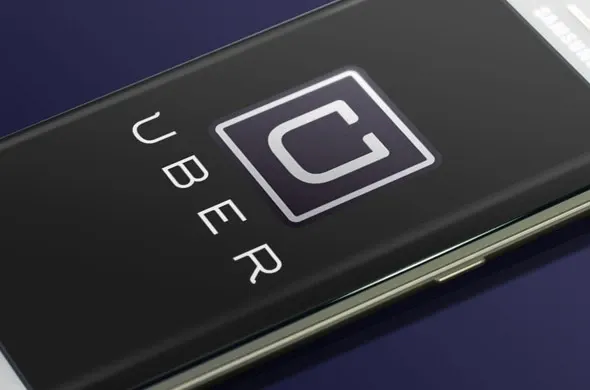ENT Reports Stable Business Performance in 1Q24
Croatia-based Ericsson Nikola Tesla reported Sales revenue of €52 million, as net profit amounted to €6.4 million.

Uber Technologies Inc. took a conservative approach to its initial public offering Thursday, picking a share price toward the bottom of the marketed range and at a valuation below its last private funding round, according to Bloomberg. On Friday, public market investors will get to decide whether that was a good idea.
The No. 1 ride-hailing company’s shares will start trading on the New York Stock Exchange after it raised $8.1 billion in the biggest U.S. IPO since 2014, pricing shares at $45 each. It had marketed them for $44 to $50 apiece.
Austin Geidt, an early Uber employee who joined the company in 2010 and works in its autonomous vehicles division, rang the NYSE opening bell Friday alongside executives as well as Uber drivers from Los Angeles, London and Sydney. While a video showing how Uber operates around the world played on big screens, ousted co-founder Travis Kalanick watched from a nearby balcony with his father beside him.
U.S. equities fell for a fifth day at the start of regular trading Friday, with Uber’s biggest rival Lyft Inc. dropping less than 1 percent to $55:06 at 10:25 a.m. in New York. Uber is hoping to avoid the tumultuous first weeks of trading that dogged its competitor, which trades about 24 percent below its IPO price.
In distributing the stock, Uber prioritized shareholders -- particularly institutional investors -- that it thinks will hold on to the shares for a long time, according to a person familiar with the matter.
Based on the amount of stock outstanding after the offering, Uber’s IPO price gives the San Francisco-based company a market value of $75.5 billion. Its last private market value was $76 billion. The fully diluted value in the IPO, including restricted stock units and other shares, could be about $82 billion.
“We view Uber’s conservative pricing as a smart and prudent strategy coming out of the box as it clearly learned from its ‘little brother’ Lyft, and the experience it has gone through over the past month,“ Wedbush Securities analyst Dan Ives said. Uber’s biggest competitor briefly dipped below its last private value of $15.1 billion in pre-market trading Thursday.